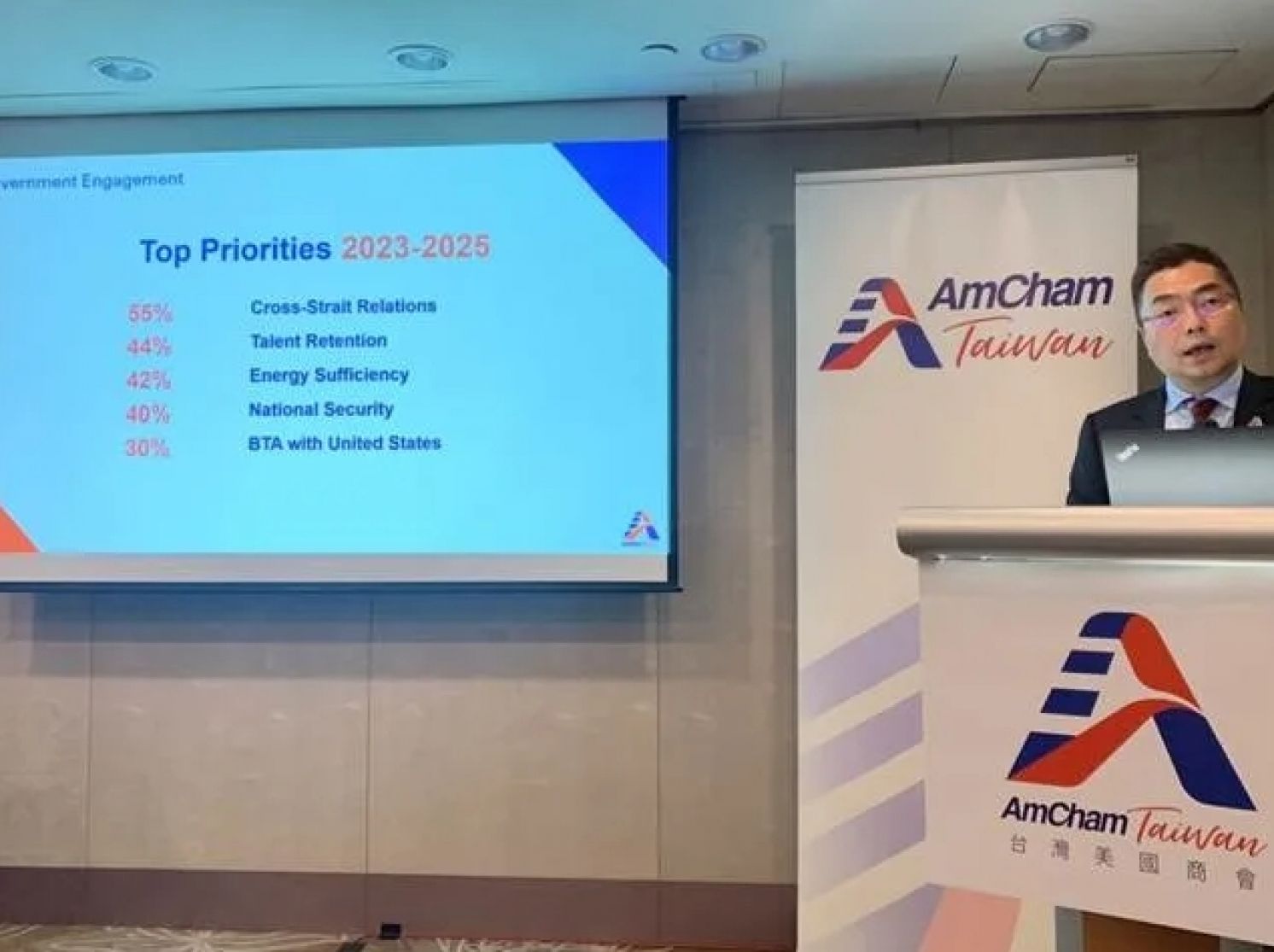
This Week in Taiwan 0205-0211
February 6: The Ministry of Finance announced that exports in January were valued at US$31.5 billion, down 21.2 percent compared with the same period last year and the largest single-month decline in 13 years and five months. Exports have suffered five consecutive monthly declines. The percent decline for exports in the first quarter this year may reach double digits.
February 7: Two sub-groups within the Kinmen County Council proposed that Kinmen become a "permanent demilitarized zone. "They also pushed for the construction of a bridge connecting Kinmen and Xiamen to build a special area and drive Kinmen's economic development.
Shih Ming-teh, former chairman of the Democratic Progressive Party (DPP), immediately expressed his support. According to Shih, turning Kinmen and Matsu into a peace zone can remove the shadows of cross-strait gunfire and can help build a vision of cross-strait peace.
February 8: The American Chamber of Commerce in Taiwan released its latest business climate survey. More than half its members believe that Taiwan's government priority in the next three years should be cross-strait relations. Some 33 percent of AmCham members stated that their business was seriously disrupted by tensions in the Taiwan Strait. Another 47 percent of American companies have adjusted or plan to adjust their contingency operation plans to cope with new geo-political conditions.
February 8: Whether Terry Gou, founder of Hon Hai Precision Industry Company (Foxconn), will run for president in 2024 has attracted public interest. Gou stated that there are many ways to serve the people, and he need not haggle over any option. He has yet to make a final decision. As for whether he may return to the opposition Kuomintang (KMT), Gou stated that he is waiting for the KMT to release a plan.
February 8: During the local elections last year, many politicians in the ruling Democratic Progressive Party (DPP) had their graduate degrees revoked for plagiarism. The Central Executive Committee of the DPP passed a resolution that those who would like to participate in presidential and legislative primary elections in the future must sign a thesis and degree ethics statement and submit their thesis papers to a review committee to compare similarity in content.
February 8: The mandate on wearing masks indoors will be lifted beginning February 20. Except for medical care facilities and public transportation, where masks remain mandatory, wearing masks will be either recommended or voluntary for other places. The Central Epidemic Command Center (CECC) stated that the goal is to lower the infectious disease level of the coronavirus (COVID-19) by May.
February 10: Vice Chairman Andrew Hsia of the KMT led a delegation to mainland China. During its stay in Beijing, the delegation met with Wang Huning, a member of the Politburo Standing Committee of the Chinese Communist Party, Director Song Tao of the Taiwan Affairs Office, State Council, and Communist Party secretary of Beijing Yin Li. According to Wang, the most urgent task is to restore the normalization of cross-strait exchanges.
February 10: Chairman Yang Hung-chi of the Transportation Safety Board was alleged to have skipped work during business hours and taken his wife to hot springs in Yilan many times using official vehicles. Premier Chen Chien-jen ordered the Department of Civil Service Ethics to investigate, and Yang's resignation was approved.